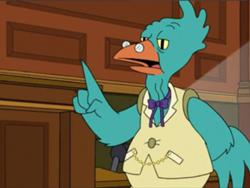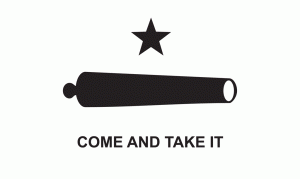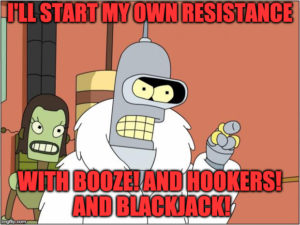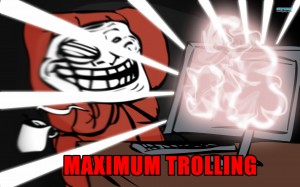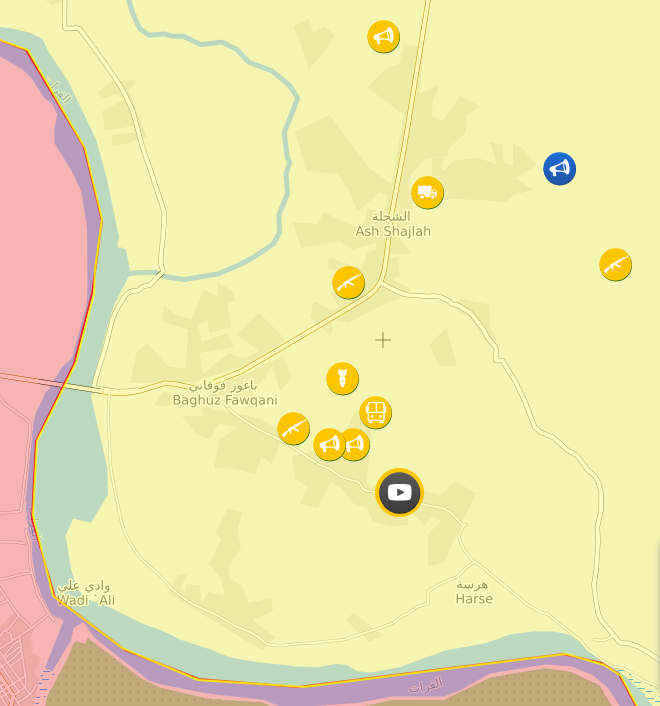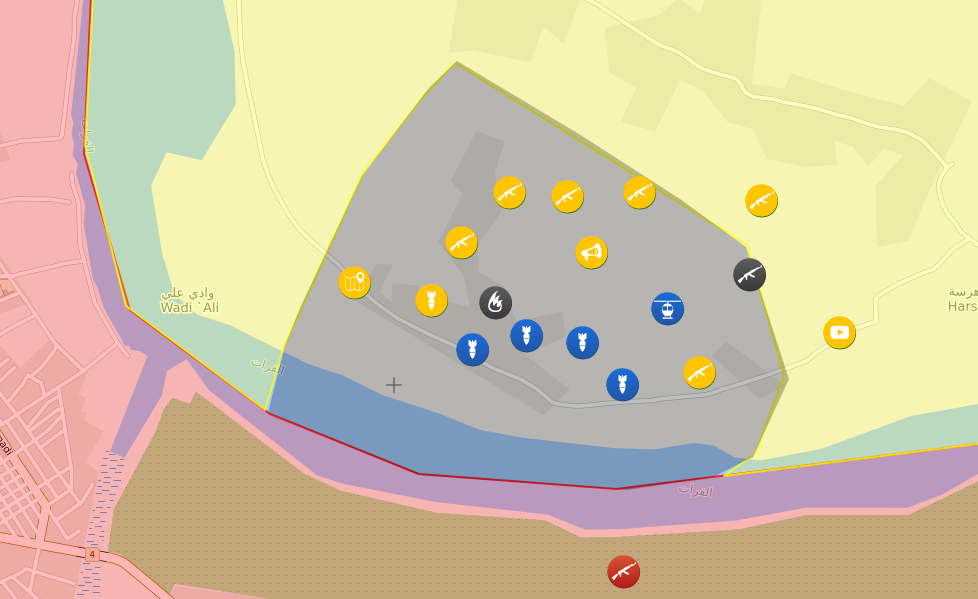Sherrod Brown is Out, as are (to recapitulate last week’s mini-update) Michael Bloomberg, Hillary Clinton, Eric Holder and Oregon Senator Jeff Merkley. Evidently the clown car was just too crowded for them to contemplate climbing aboard. That leaves Biden and Beto as the only two undecided “big fish.”
A lot of Democratic Presidential hopefuls were in Austin for SXSW: “Sens. Elizabeth Warren, D-Mass., and Amy Klobuchar, D-Minn., will speak on Saturday, while former San Antonio Mayor Julian Castro, Colorado Gov. John Hickenlooper and Washington Gov. Jay Inslee will speak Sunday.” And Beto O’Rourke is also there pimping a movie about his failed senate run. John Delany was there as well.
Des Moines Register poll shows Biden first with 27%, Sanders a close second with 25%, and everyone else in single digits.
Democratic Party presidential primary schedule.
Now on to the clown car itself:
His unorthodox proposals is his belief that the core of the Democratic voter base still lies near the center. He supports a universal health care system, but not Medicare-for-all. He wants to bring back the Trans-Pacific Partnership, which has been derided by progressives. He’s cited eliminating the national debt as a priority. He’s also an avowed capitalist. “This primary is going to be a choice between socialism and a more just form of capitalism,” he said in a statement after Bernie Sanders announced his candidacy late last month. “I believe in capitalism, the free markets, and the private economy. I don’t believe socialism is the answer and I don’t believe it’s what the American people want.”
From the interview:
Listen, I think Democrats are more right about policy than Republicans are, which is why I’m a strong Democrat. But I’m not walking around saying every Republican I know is a horrible human being who doesn’t have any good ideas or have anything to contribute to our country. It’s ridiculous. But if you listen to the parties, that’s what they’re basically telling us and there’s really been a vacuum of principled leadership.
“Just watching this economic train wreck happen for 30 years and really not seeing anybody in the democratic party that even gets it and that to me is really frustrating,” said Ryan. “I think our community, and communities like ours, need a voice that understands what happened, how the workers have been left out, and where we need to go. I think I could offer that kind of vision for the country because we’ve been doing it here but also know that if we’re going to move forward, we have to cut these workers in and that’s not part of the conversation right now.”
Ryan says his frustration has been building for years and he’s not hearing and hasn’t heard for a few cycles that democratic candidates are truly connecting with American workers.
“That concern that is here is not being translated to Washington. I try, and there are others that do, but it’s not penetrated this coastal, the coastal domination of the Democratic Party,” said Ryan. “I ran against Nancy Pelosi, primarily because I thought this message is not getting out, no one is listening. President Trump won the presidency because Democrats forgot to talk to workers, people who take a shower after work as opposed to people who just take a shower before work and those are the people that we grow up with here, those are our family members, and I’m upset because their voices aren’t being heard. I want to do something about it, and whether that’s run for President or not, that’s where my heart is.”
Bernie Sanders has officially filed for reelection in 2024 as an independent, meaning he's currently running for office under two different party IDs pic.twitter.com/4tBE5aiIfp
— Lachlan Markay (@lachlan) March 4, 2019
From what I see, Elizabeth Warren is running the best race so far by miles.
Warren is doing something none of the rest of them are doing. She’s running for president. The others are just positioning. I suppose that’s not necessarily true of Bernie Sanders, who has one gear and we know what it is, and we already know from last time what his positions are (although he has added a wealth tax, which I endorse heartily). But all the others are running for wokest progressive. Warren’s running for president.
What do I mean? She’s put out a bunch of tough, meaty proposals. They mean something. They communicate: “This is what I will do, and it will constitute serious change.” Last week’s proposal to break up the tech companies was ambitious and brave. Most Democrats are afraid of tech money. The Democrats have taken back the House, and they’re going to be holding dozens of good and necessary hearings. But here’s one hearing I’m not holding my breath waiting for them to convene: a panel on regulating Facebook.
But Warren went right at it. Monopoly power. It’s (yet another) huge and under-discussed crisis in this country, a grotesque distortion of the market that hurts consumers in a hundred ways every day. If you want to learn more about monopoly power generally and the tech giants specifically, go visit the website of the fine people at the Open Markets Institute. But suffice it to say for present purposes that Warren has laid out a plan that the anti-monopoly experts say is intelligent and practical.
That’s just the latest example. She’s made a bold proposal to limit shareholder power, and another one calling for universal child care. And of course there was the wealth tax, which my Beast colleague Jonathan Alter praised to the heavens a few weeks back. She’s putting the meat on the bones of new Democratic economic message, and no one else is even a close second so far.
Needless to say, I don’t agree with the writer’s policy positions or his take on the state of the race, but I offer it as a data point.
Andrew Yang and Marianne Williamson, a pair of little-known 2020 contenders, both say they are on track to meet the grassroots donation threshold set by the DNC to get into the first debate in June. They’d join Al Sharpton and Jesse Jackson, both African-American ministers and civil rights activists, as the only non-elected officials to make the first Democratic presidential debate in the past 40 years.
To qualify, candidates must get at least 1 percent support in three party-approved public polls — or receive campaign donations from 65,000 individuals with a minimum of 200 donors apiece in 20 states, the DNC said in February. If there are more than 20 candidates who pass one of those thresholds, only candidates who meet both polling and fundraising criteria will be given primacy, with the large debate field randomly split into two groups over two nights.


